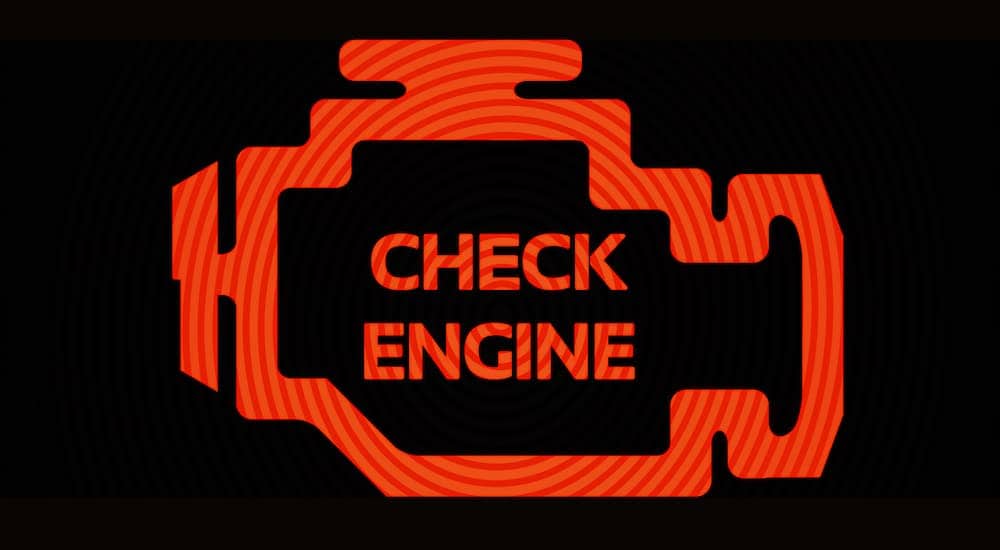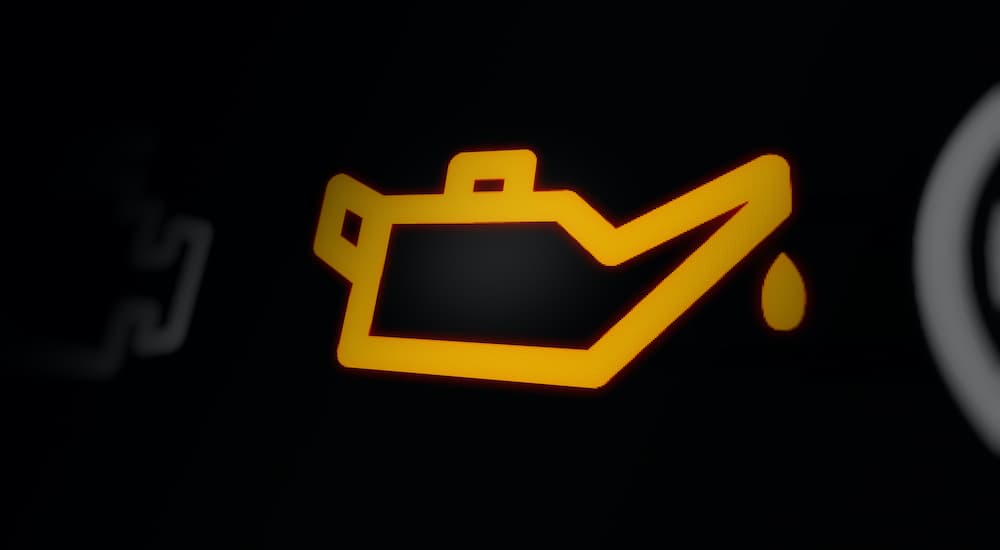This is an important question that not everyone can honestly answer “yes” to – yet it’s one of the most fundamental aspects of owning and caring for your vehicle. Getting an oil change might not be the most exciting thing in the world, but it’s a very important and simple part of properly maintaining your car. Knowing when you need to get an oil change is also simple, plus properly identifying when it’s time for new oil can save you a lot of money by avoiding serious problems with your vehicle.
Today, I’m going to take you through some of the most common indicators and warning signs that it’s time for an oil change for your vehicle. They’re all pretty simple, and you’ll find a combination of passive things to watch for, as well as active things you can do to check how your car’s oil is doing. With both of these kinds of warning signs in mind, you’ll be able to remain confident that your engine’s oil is in good shape and doing its job.
But First: Why Do I Need to Change My Oil?
Before I get into what to watch for, let’s take a moment to talk about why you need to change your motor oil. The engine in your vehicle creates power using tiny explosions inside it while you drive. With all of this heat inside it, the last thing you want is even more heat generated due to friction from moving parts in your engine – this would cause the engine to damage itself. Motor oil lubricates the moving parts inside the engine, so they glide smoothly, preventing damage and boosting efficiency.
However, over time, the oil in the engine will break down and not work as well as it does at first. It will get dirty with sludge and grit just from doing its job every day when you drive. The additives designed to protect your engine will also break down from the intense heat. So you need to change it and get clean, fresh oil in there that is efficient and keeps your engine running well.

Check Engine Light Comes On
One of the simplest warning signs to watch for is if your check engine light on your car’s dashboard comes on and stays on. Depending on your vehicle, you might have a light specifically to indicate you need to change your oil, or it might be part of the general “check engine” light. In either case, a mechanic can check your car and replace your oil to make sure it’s running properly – you can also do this yourself if you prefer.
Increase in Engine Noise
One of the first things you should do when you get a new vehicle (whether it’s brand new or simply new to you) is to drive for a while without music or other distractions. During this time, learn what your car sounds and feels like normally – you want to get used to this and be really familiar with the proper sound of your vehicle. This is especially important when it comes to recognizing what your car’s engine sounds like when everything is as it should be.
This way, if you notice that your engine is louder or sounds off in some way, you can have the situation dealt with before it becomes more serious. An increase in engine noise often means you need to get an oil change because the older, dirty oil isn’t lubricating things as well as it should, so your engine isn’t running smoothly. Ignoring this kind of issue is a great way to cause damage to your engine and have a much more expensive repair ahead of you.
Car Feels Rough or Shaky When Idle
Similarly, if you notice your car feeling rougher than usual, particularly when you’re sitting in place and idling, then this can be a sign that you need to get an oil change. Your car might run a little rough when you first start it, particularly in cold weather, but then even out – that’s often normal. But if you notice that that roughness or shakiness persists for a while, even after everything has warmed up, then it could mean your engine is in tough shape due to old and dirty motor oil. This is a major warning sign, so get your oil changed as soon as possible.
Poor Gas Mileage or Performance
For the first weeks and months that you own a vehicle, you should get a realistic sense of its fuel economy and mileage. You don’t need to make a spreadsheet, but pay attention to how often you need gas and check your odometer to see how many miles you’re getting on a full tank. If you notice you’re not getting the kind of fuel economy and mileage that you tend to, then it can be a sign that you need an oil change. Your engine has to work harder and less efficiently when it has dirty oil in it, which can impact your mileage and performance.

Low Amount of Oil
Now for something you have to check for yourself: take time about once a month to check the oil in your engine. Find the dipstick and pull it from the engine, wipe it clean with an old towel or paper towel, put it back in, and then pull it out again. You’ll see a marker showing where the oil level should be, so make sure it is within that area.
Sometimes your oil can be a little low, and you can fix this by simply adding more of the same type of oil already in it. This can happen naturally and doesn’t always mean you need an oil change. If you notice your oil is low repeatedly, however, then you might have a leak and need to have that fixed right away.
Oil Color or Texture is Off
When you check your oil, pay attention to what it looks like. Your motor oil should have a pale yellow or orange appearance – even an amber coloration is alright. If it’s dark brown or black, however, then it’s probably time for an oil change. Similarly, make sure it’s smooth and viscous, without a bunch of thick sludge or bits of grit and dirt in it. If your oil looks or feels sludgy, then you need to change it.
Time and Mileage Limits
Finally, you’re going to want to change your motor oil on a scheduled basis even if there are no other indicators that it’s time. Check the owner’s manual for your vehicle: it will clearly indicate how often you need to get an oil change. I suggest you go off this guide, rather than what a shop or mechanic tells you – after all, who knows how to care for your car better than the people who built it? Stick to this schedule to ensure you have good oil that keeps your engine running beautifully.
Now that you know what to watch for keep these tips in mind as you enjoy your vehicle. Staying on top of scheduled oil changes and noticing when something’s off can help you keep your car in great shape for many years to come.

